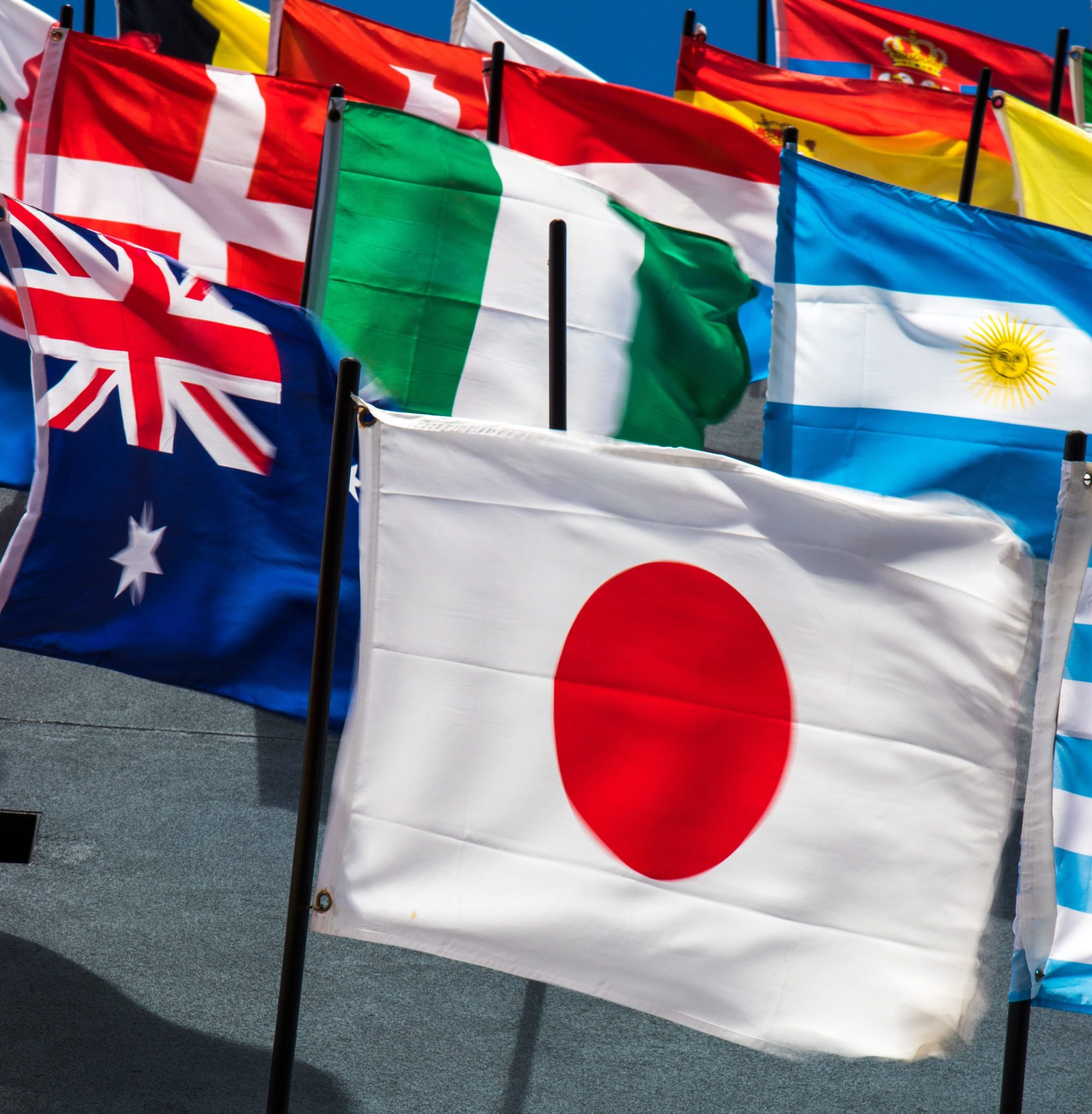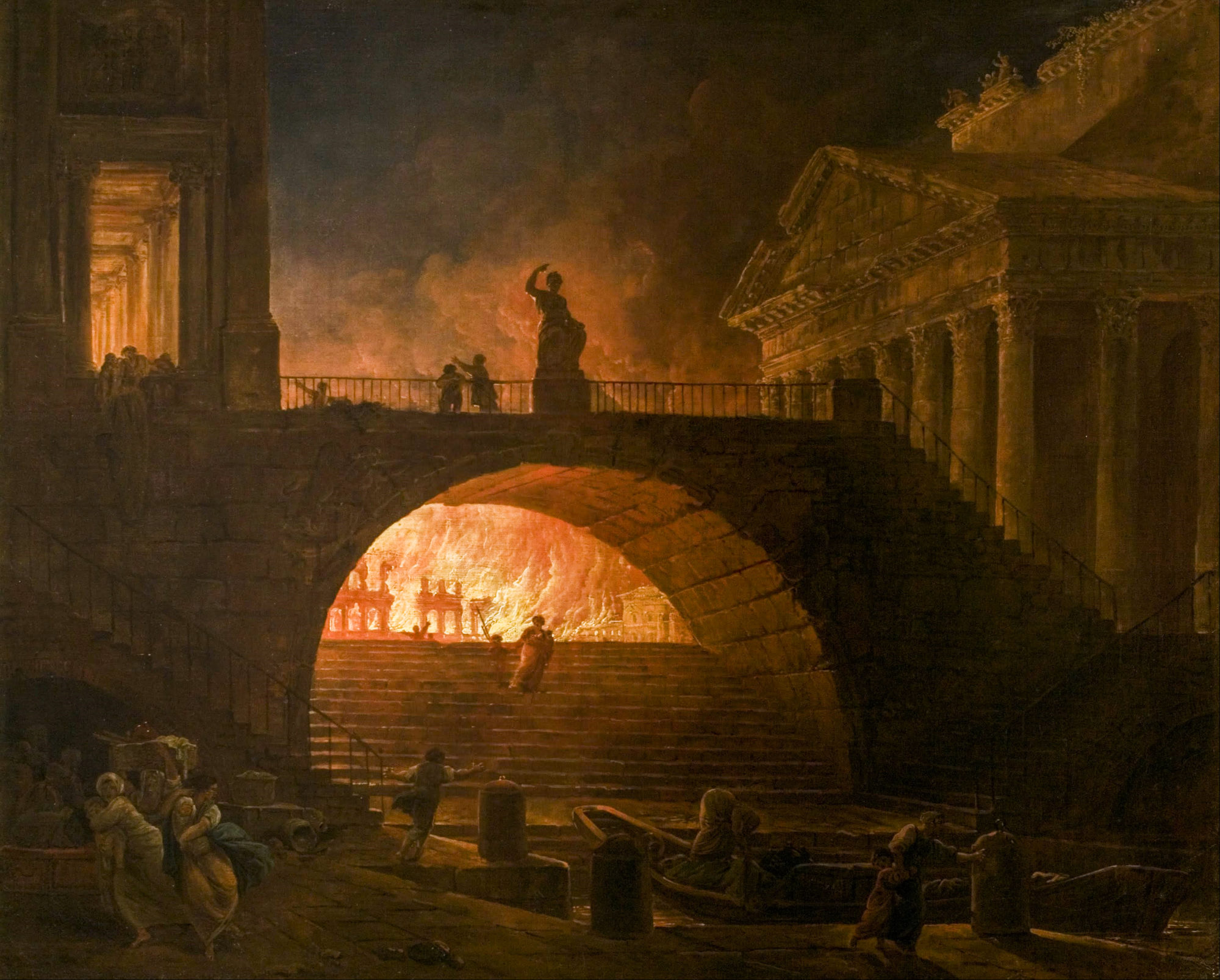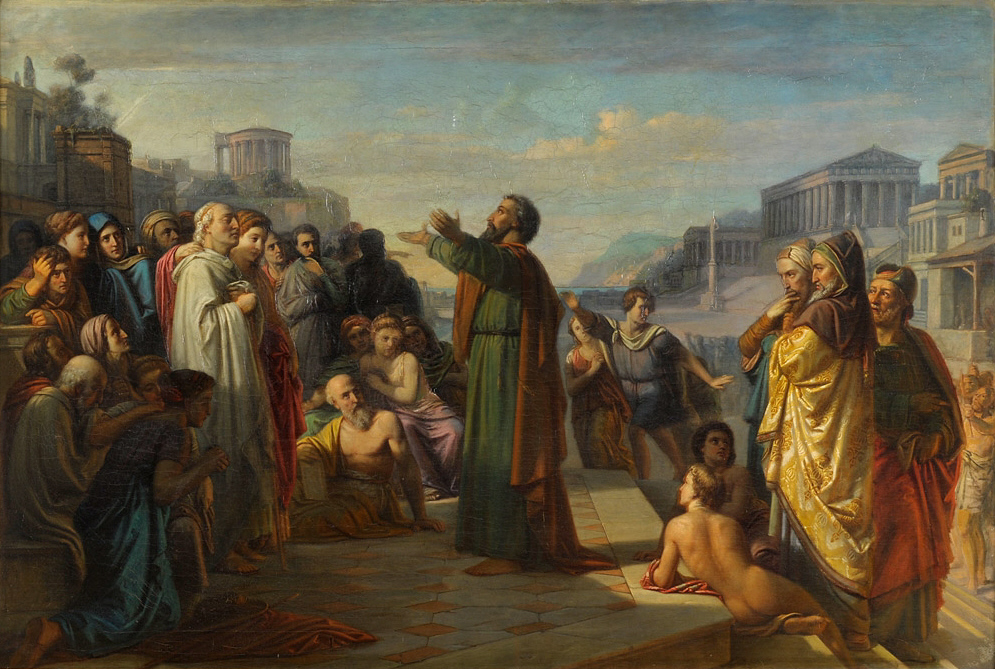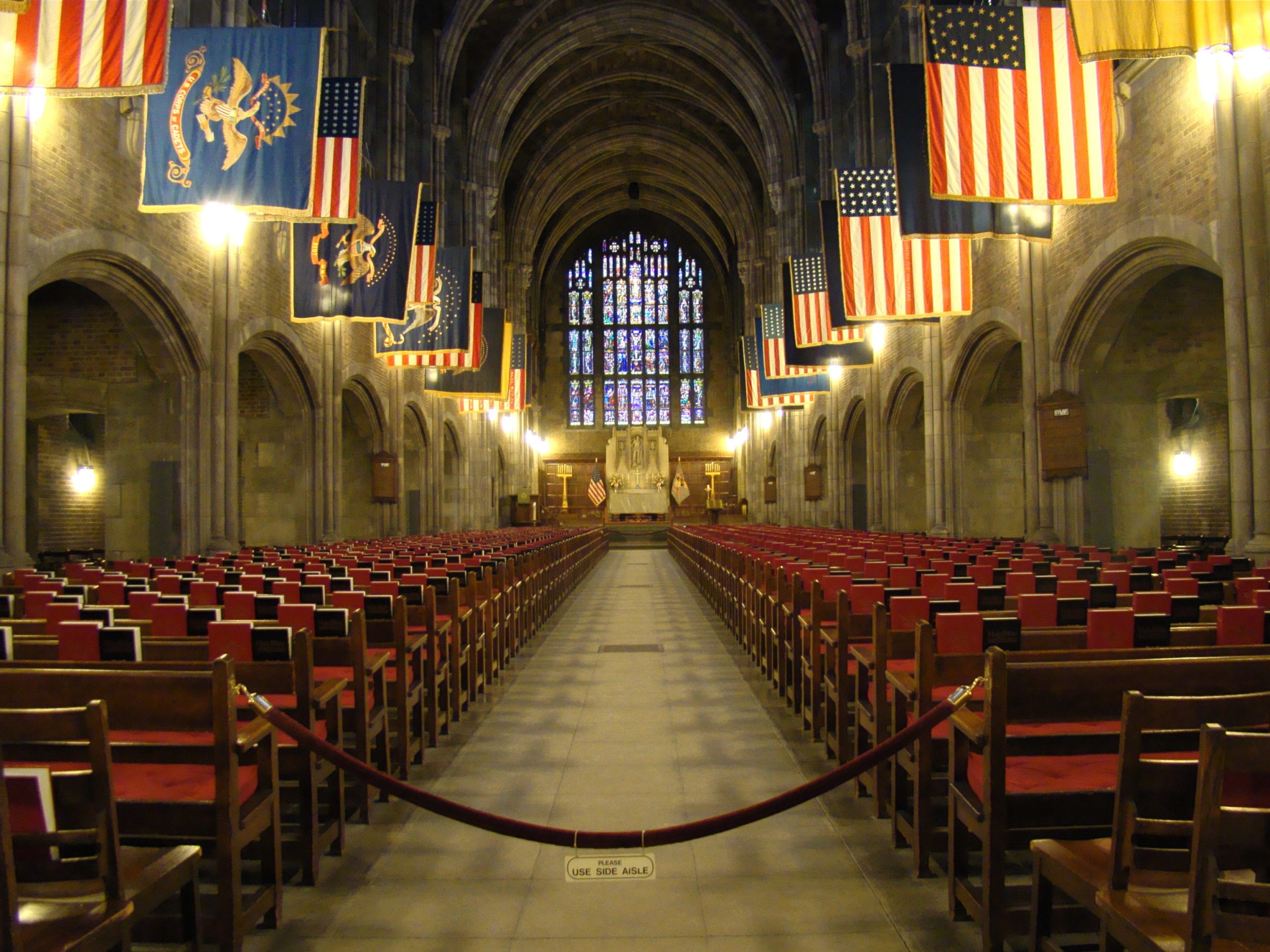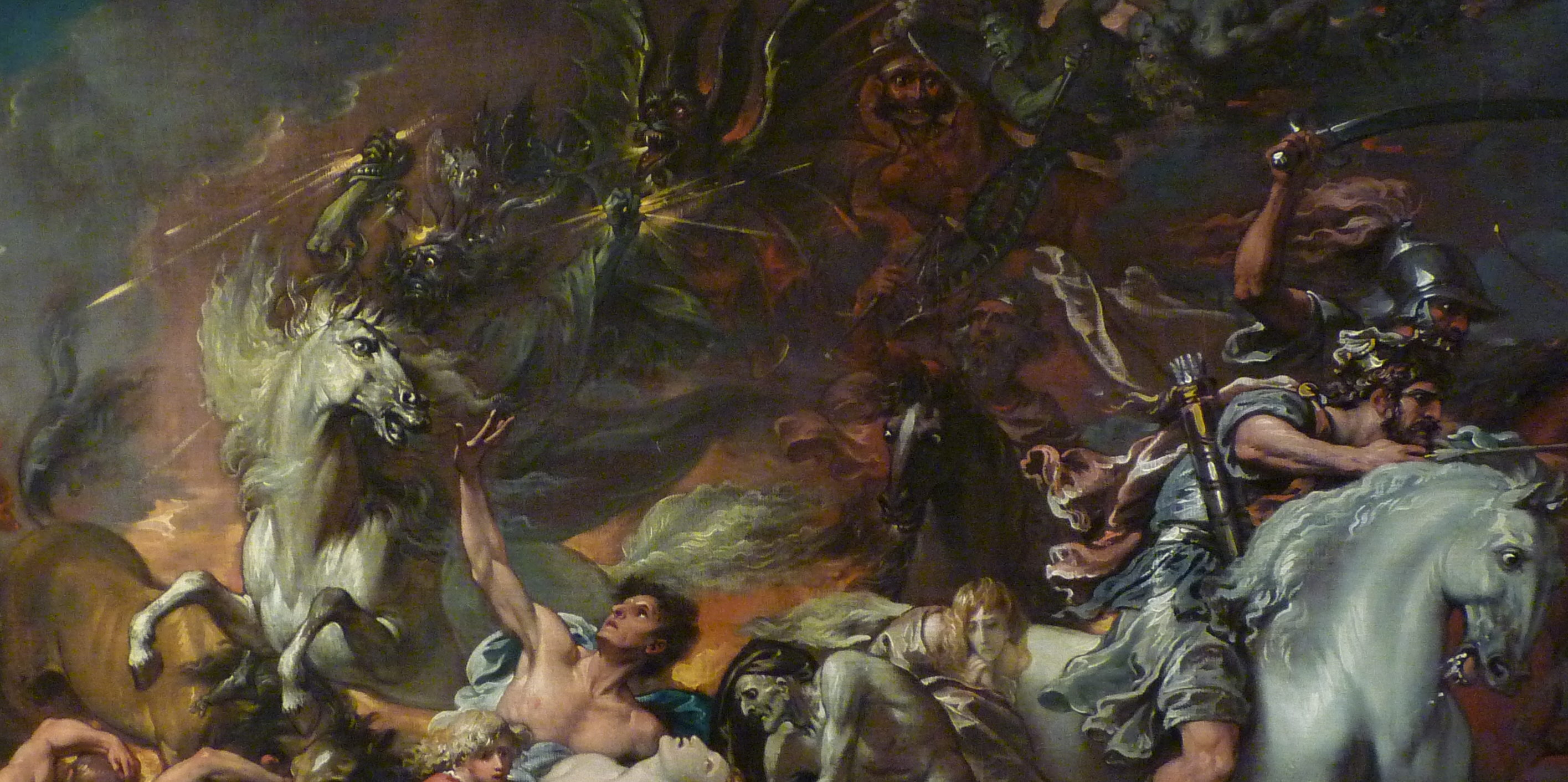Resurrection and the Christian Hope: Review of Timothy Keller’s Hope in Times of Fear
In “Hope in Times of Fear: The Resurrection and the Meaning of Easter,” Timothy Keller reflects on how and why the secular hope of progress has failed, and he instead offers the Christian reason for hope.
Mark MeltonApril 15, 2022
Religious Freedom and the Kingdom of God: A Review of Andrew T. Walker’s Liberty for All
Christians must advocate religious liberty not just for themselves, Walker argues, but “with the conviction that true freedom means allowing fellow citizens… to freely exercise their beliefs with dignity.”
Ian SpeirApril 21, 2021
What the Bible Says about Nations and States
Christians must always have a tentative relationship toward nation-states. They are finite entities that came into being out of historical contingency and, barring Christ’s return, will fade back into the annals of history. It is Christ and his Kingdom alone that are everlasting.
Taylor S. BrownJanuary 14, 2019
What about Amillennialism in Foreign Policy?
If Michael Doran and Walter Russel Mead insist that Christian eschatology is relevant to American foreign policy, it makes sense to at least mention and analyze amillennialism and preterism.
Mark MeltonMay 7, 2018
A Hebraic Approach to History: Response to Doran’s “The Theology of Foreign Policy”
Ultimately, why Americans see the world through one theological lens or another has a lot to do with whether they identify more closely with a Hebraic or Hellenic kind of Christianity. Put another way, American Christians view the world differently depending on how much they read the Bible, believe the Bible is divinely inspired, and accept the Bible as authoritative in their lives.
Robert NicholsonApril 20, 2018
Protestant Rivalries and American Foreign Policy
Rather than simply securing our borders or pursuing our interests, Americans continue to believe that what happens here is the fate of the earth. The real challenge to this consensus would be a view of America as just another country, neither exceptionally good nor exceptionally evil.
Samuel GoldmanApril 18, 2018
American Power and the Ways the World Ends
Are we, in fact, seeking through foreign policy to protect ourselves from a pre-millennial apocalypse—or, perhaps, to bring about a post-millennial one? The intellectual and spiritual resources of Protestant Christianity have a great deal to add to this debate. But up until now, I haven’t seen much evidence that these resources have yet been brought to bear on these questions.
Walter Russell MeadFebruary 14, 2018


